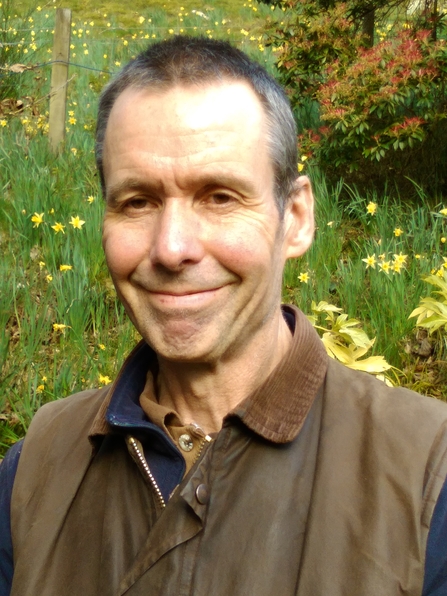I also had always followed the ethics of the gardener and conservationist Geoff Hamilton prior to that, but for 17 years now have been totally peat free. In 2011, some paid writing work for the BBC took me off to some practical sessions at Ryton Organic Gardens in Coventry, this involved the use of various types of mulches and the best season to apply them in the garden, and where.
A recent Royal Horticultural Society survey of gardeners using peat free potting compost compared to 2013 shows these results:
- 36% of gardeners use peat free compost.
- 93% of gardeners have used peat free/reduced compost compared to 25% in 2013.
- 122% increase in bags of potting compost: on average 4 bags, compared to 1.8 bags in 2013.
A statistic in peat conservation shows that peat that forms blanket bogs can reach a depth of over 5 metres, and accumulates at approximately half a millimetre per year. Efforts to reduce commercial peat cutting and the demand for horticulture are ongoing.
The whole sense and strong feeling of the ethics of organic gardening has grown within me; peat free gardening through to Veganics - vegan gardening - has gone from strength to strength. Inextricably, it is all linked to wildlife gardening and the care of the environment.
The way in which the soil is managed through the no dig system, to good compost application and mulching, increases the biodiversity of wildlife within the soil. In turn a good healthy soil increases the food chain for the wildlife garden: attracting birds to eat the worms. Every content that inputs into our compost from plant debris from the garden, propagation compost waste, has been been grown without the use of peat. My term for the by product is called Gardeners Gold (home made compost).
It is without a doubt achieveable to grow good strong plants without the use of peat! Home composting helps the environment, saves money, energy, and CO2 emissions as part of the process. All of this thinking forms the ethos of wildlife-friendly gardening. I grew these echium flowers in peat free compost comprising composted bark, loam, and coir. I am soon to plant these annual flowers out into the border. Echiums are a real attraction for bees, a sure winner, and the subtle blue flowers add a striking appeal to any wildlife planting scheme.









